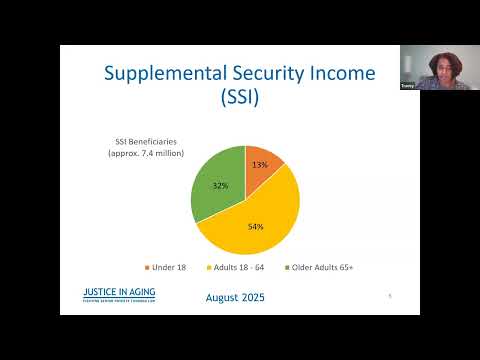
Senator Krueger Discusses: Fears About How the City’s Budget Will Affect Child Care
By Liz Harris
On Thursday, Mayor Michael R. Bloomberg will unveil New York City’s preliminary budget for the next fiscal year. On Wednesday, if you listen very closely, you can hear people throughout the city holding their breath, bracing for deep cuts.
One very nervous group represents advocates and others who work in the child care industry serving poor and low-income women.
With the city budget ax expected to fall on a variety of programs, advocates and child care providers say information that has dribbled out of City Hall makes them fearful that as many as 16,000 of the 100,000 city-subsidized slots could disappear.
“Sixteen thousand people; in the rest of the state of New York, they call that ‘a city,’ ” said State Senator Liz Krueger, a Democrat who represents Manhattan. “We have the State the City and the federal government all potentially cutting various funding streams at the same time.”
About half of the city-financed child care slots are taken by families who receive public assistance, according to the Federation of Protestant Welfare Agencies, an umbrella organization of human service providers. But welfare laws requiring recipients to work when their children are older than 3 months also mandate that the government provide a place for those children to go.
So slots that are eliminated will come from women who are not on public assistance.
“Market rate for child care is extremely expensive, and folks with limited incomes are already making hard choices about rent and food and such,” said Bich Ha Pham, the director of policy at the Federation of Protestant Welfare Agencies.
There is a direct correlation, she added, between affordable day care and the ability of parents of limited means being able to keep their jobs.
Marc LaVorgna, a spokesman for Mr. Bloomberg, declined to comment on budget details before its release on Thursday.
The Federation of Protestant Welfare Agencies has submitted a proposal to the city and state, based on a program in California, that would suspend the welfare work requirement for parents of very young children.
Such a move, advocates argue, would free up child care slots and allow women who already have jobs to keep them. So far, they say, they have received no commitments. But some lawmakers, like Ms. Krueger are sympathetic.
“You really can’t get a job or look for a job if you’ve got a kid under 5 years old at home alone, because then you’ve broken the law,” Ms. Krueger said. “All the research for decades says that if you want to support women who are looking for work or trying to keep these jobs, the government needs to be there to help with the child care.”


